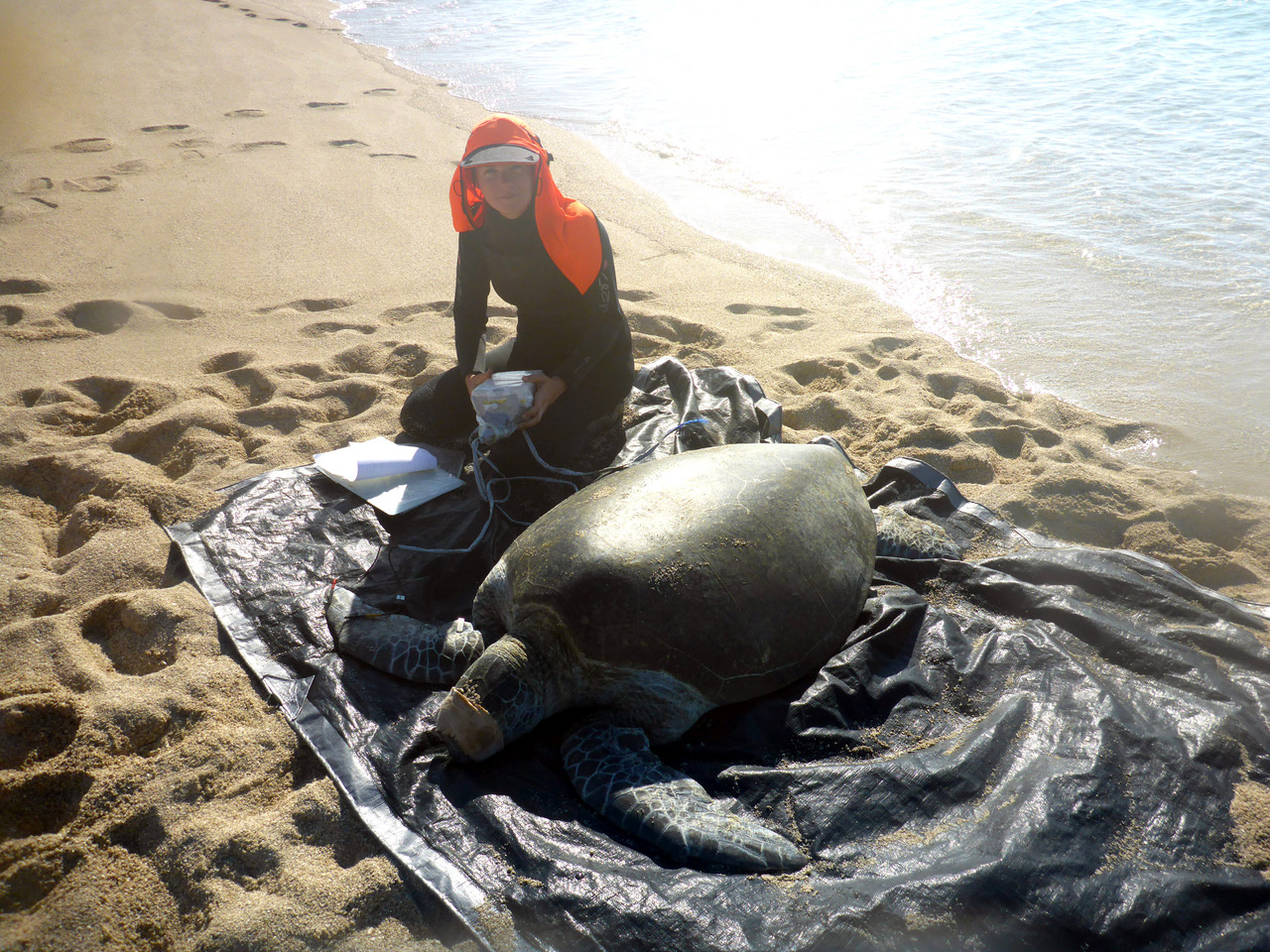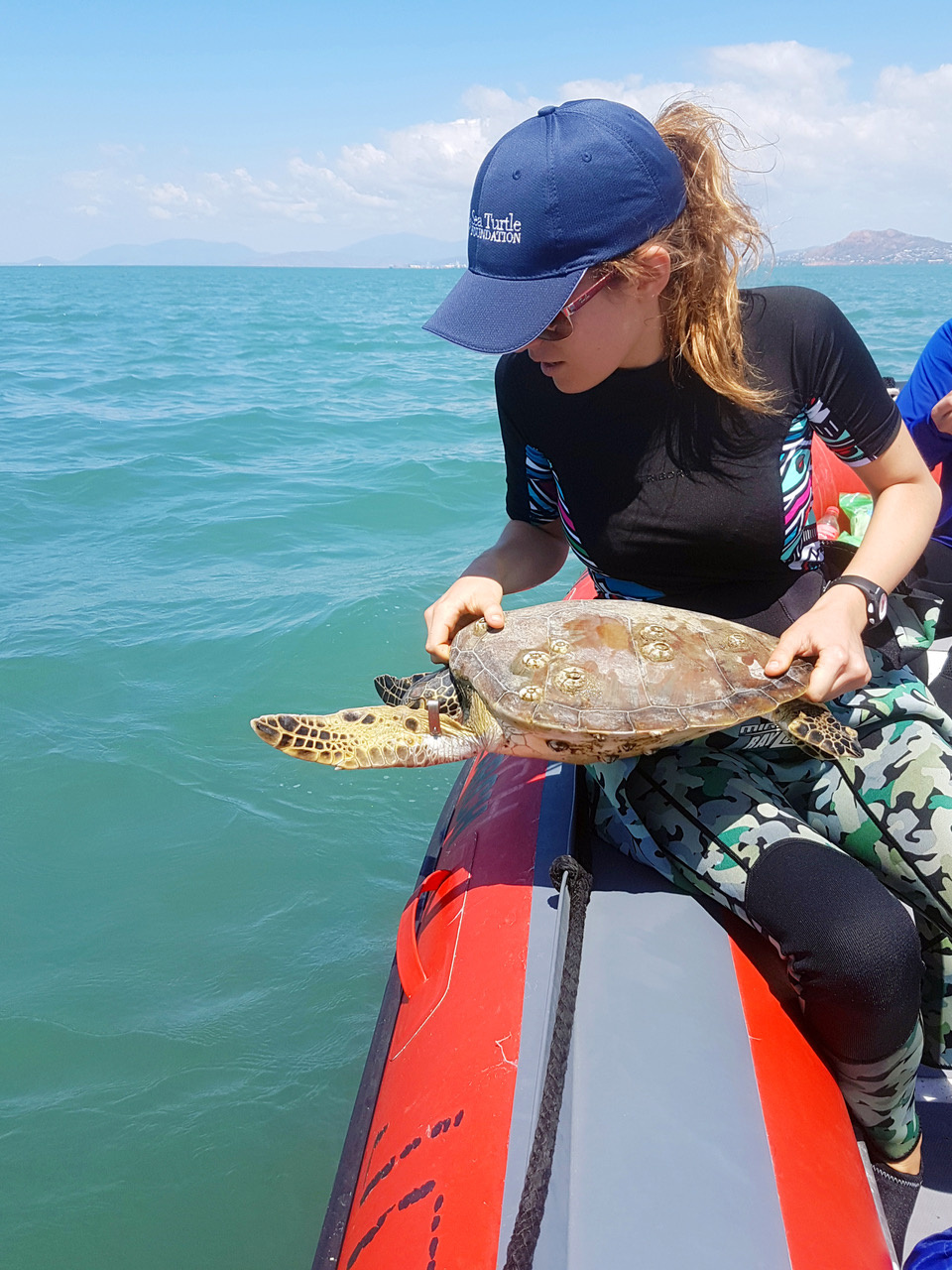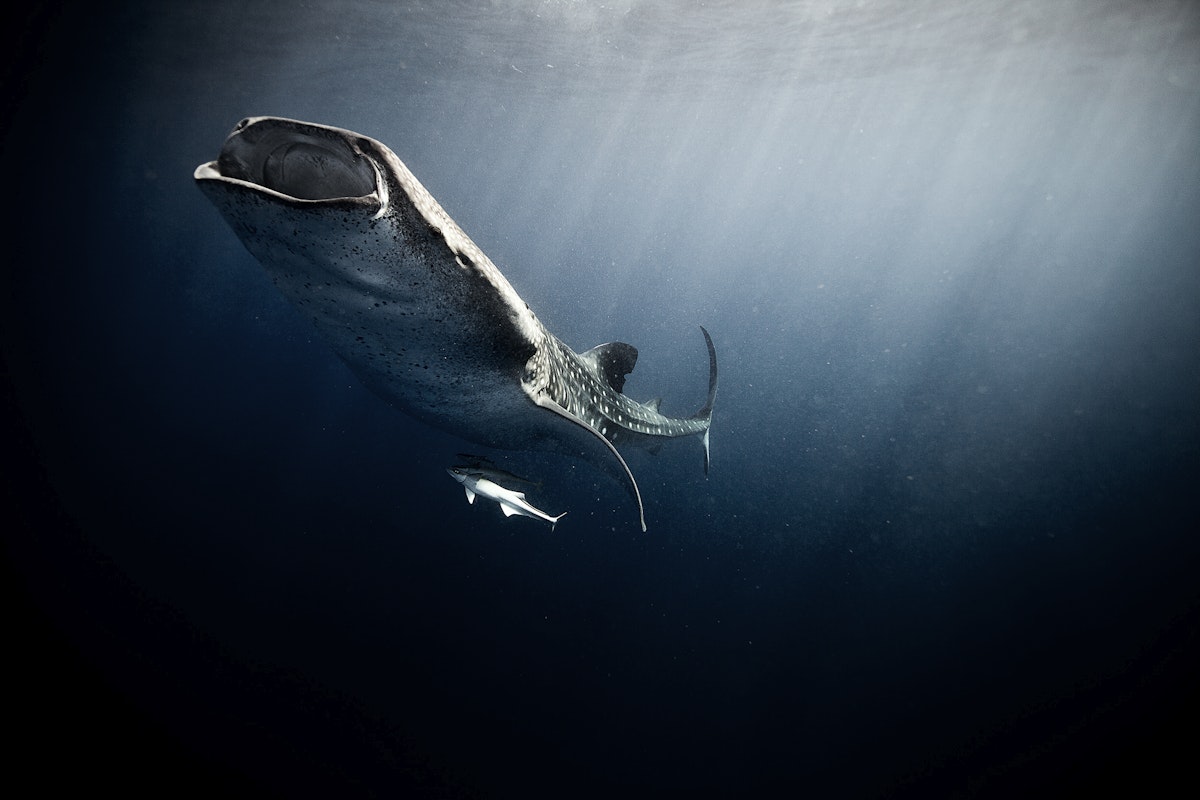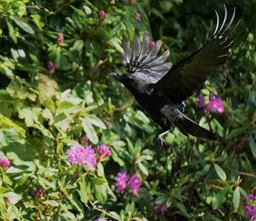Career development tips from Australia

INTRODUCTION
Every one of us can help to protect wildlife and take care of our planet. We can be part of the solution and influence change by conserving wildlife, healthy ecosystems allow us to survive and also help us ensuring that future generations can enjoy our natural world and the incredible species that live within it. Sara Kophamel is one brave woman who is doing just that. I recently asked Sara to share some of her insights and experiences.



linkedIN | ResearchGate | Twitter
Ussi:👨🏻💻
Sara, Can you introduce your self?
Sara: I am a wildlife researcher currently working on sea turtle health and population assessments. After finishing my Degree in Veterinary Medicine in Spain, my home country, I decided to undertake a PhD in Australia, which I am about to finishing this year. In the future, I see myself working on wildlife conservation within an NGO, IGO or governmental body.
Ussi:👨🏻💻
What inspired you to working on sea turtle health and population assessment in Australia?
Sara: Since I was a little child, I have always been fascinated by wildlife. This led me to pursuing a Degree in Veterinary Medicine in Spain. After having worked in a hospital dedicated to helping wildlife and exotic pets in Germany, I decided to focus on wildlife conservation, and sought opportunities to specialise in this field. This is how I ended up moving to Australia to start my PhD. I have been very fortunate to have collaborated with traditional custodians, NGOs, and civil servants during my project. Pursuing this career path changed me both professionally and personally, and has been the most enriching and fulfilling experience in my life. I would recommend to any aspiring PhD student to dare to live in a foreign country, and to contribute to a multidisciplinary research project.
Ussi:👨🏻💻
Why are sea turtle important to the ecosystems?
Sara: Sea turtles are indicators for ecosystem health. They contribute to the maintenance, growth, and seed dispersal of seagrass beds, as well as to the maintenance of dunes and coastal areas during nesting season. Their meat and eggs are an important food source for local communities, and for predators. Sea turtles also have a very strong cultural significance worldwide, which makes them flagship species for conservation efforts.
Ussi:👨🏻💻
How to win the fight to save sea turtle, dolphins and others marine species in Australia?
Sara: This is not an easy question to answer. Major threats to marine megafauna include climate change, habitat destruction, bycatch, plastic pollution, or underwater noise. It is up to us to make a change; to vote for politicians who have these topics on their agenda, and to support local conservation efforts. Raising awareness is critical.
Ussi:👨🏽💻
Based on your professional background, what are the top 5 lessons you can share with us?
Sara: My five tips for aspiring conservationists would be:
(1) Get as much experience as possible, either volunteering or doing an internship. Helping others out will strengthen your teamwork, communication, and critical thinking skills. However, be careful when choosing where to devote your time, especially if the parties involved will be making money thanks to you.
(2) Networking is key. Knowing people in the fields that interest you might not only open doors to future positions, but will also enhance your understanding of how applied conservation works.
(3) Academia is not the only career option for researchers that’s out there. NGOs, governmental bodies, or international bodies are also potential pathways for protecting wildlife.
(4) Always keep in mind your own work-life balance. Working late as a routine will actually decrease your productivity and satisfaction. Learn to say no more often. When it’s about mental health, put yourself first.
(5) Just enjoy the ride! Whether you choose to volunteer for a charity or research project, write a blog or social media posts, or sign up for lectures and workshops on conservation topics, make sure that you like what you are doing.
Ussi:👨🏽💻
1.1. How did you hear about WildHub and why did you join?
Sara: I heard about WildHub through my professional networks. I was excited about the idea of connecting with like-minded professionals. Every networking opportunity is a good opportunity, and I have enjoyed the events and professional development options offered by the WildHub community.
Ussi: Thanks Sara for sharing your insights and wisdom with our WildHub members and many others around the world, I particularly admire your willingness to pursue research in conservation even when it doesn’t pay well. I think this is an action that flips the script on unsustainable development and lifestyles. I think it takes courage and bravery to pursue your dreams in conservation research. I like your perspective and insights on leadership in environmental sustainability. I wish you well and 🙏🏽thanks again for sharing with us.I am challenged to think about how I can flip the script in my own circumstances. Perhaps my readers can share some examples of where they have done something that flipped the script or saw someone else do something that helps flip the script to sustainable living.
RESOURCES
- James Cook University Turtle Health Research
- Recovery Plan for Marine Turtles in Australia
- National Geographic Facts
CONCLUSION
Flip the Script is the idea of doing things differently to achieve real impact, I am challenged to think about how I can flip the script in my own circumstances. Perhaps my readers can share some examples of where they have done something that flipped the script or saw someone else do something that helps flip the script to sustainable living.






Please sign in or register for FREE
If you are a registered user on WildHub, please sign in
Sea turtles are such amazing creatures! Thank you for sharing these insights, it's so great to hear about the people who are taking action around the world! :)
Thank you so much Rebecca for reading and leaving an enthusiastic response.
I love this piece Ussi and Sarah. I definitely want to take the plunge and take some time living in another country again and Australia is definitely on my list. I especially love your top tips and the inclusion of the work-life balance as I feel that sometimes gets missed out!